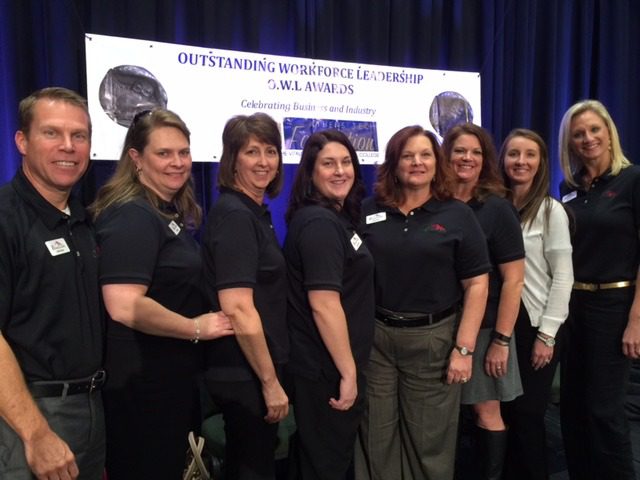Small businesses are at an increased threat of having valuable information or property stolen as criminals are getting more sophisticated at breaking down larger and more complicated security systems. Here are four steps you can take to protect your small business.
1. Update and Upgrade Your Physical Security Measures.
- Change the locks and bolts on your physical location.
- Invest in a fully monitored alarm system with a team who responds immediately.
- Install security cameras that can be monitored remotely. The same technology that allows you to check in on your dogs while you’re away can also catch and record a perpetrator breaking into your business.
Sometimes, installing these kinds of systems is enough to discourage break-ins.
2. Perform proper security checks on vendors.
How well do you know your vendors, especially the ones who need to enter your building? You may be diligent about running security checks on your own employees, but how do you know your vendors do the same? To be safe, you should run the following checks:
- Security checks on any vendor personnel with access to your business
- Vendor credit history
- Vendor BBB rating
- To get an idea of what it is like to work with the vendor, look at their online reviews.
3. Protect Your Data
Protecting your data doesn’t have to be a hassle. All you need to secure your information is a cybersecurity system that makes it a hassle for a hacker to gain access. There are plenty of small businesses out there who do nothing to protect their data. A hacker is much more interested in breaking into their nonexistent security system than yours, which will take up too much of their time.
If your business transfers sensitive information from the company’s server to a remote server, then you also need to look into using a VPN to secure data transmitted online. This ensures a secure connection between you, the sender, and the recipient.
4. Shred it!
It’s important to shred (and recycle) relevant physical documents, but did you know that you now can ‘shred’ digital data? You can! Software now exists that allows you to shred digital information, ensuring that the ‘shredded’ data is erased and irrecoverable.
As criminals get savvier, businesses must stay one step ahead. Update your security measures by following the above steps and sleep easier at night knowing your businesses information is safe.











 Holli Gailey got her start in banking 2005 and gained experience in the front lines of banking as a Personal Banker. In 2010, Holli became a Mortgage Lender and has enjoyed her job ever since.
Holli Gailey got her start in banking 2005 and gained experience in the front lines of banking as a Personal Banker. In 2010, Holli became a Mortgage Lender and has enjoyed her job ever since. If you are interested in meeting Holli Gailey to discuss your mortgage needs, she can be reached at 706.213.3329 or via
If you are interested in meeting Holli Gailey to discuss your mortgage needs, she can be reached at 706.213.3329 or via 


 Working primarily on Athens and Monroe mortgages, Betsy loves the small town atmosphere in these communities. She feels she has the opportunity to truly connect with customers and successfully guide them through what can otherwise feel like a complex and stressful process.
Working primarily on Athens and Monroe mortgages, Betsy loves the small town atmosphere in these communities. She feels she has the opportunity to truly connect with customers and successfully guide them through what can otherwise feel like a complex and stressful process.
 She is an avid fan of Disney, and one of her sons has the pleasure of working there and keeping the magic alive for visitors to the park.
She is an avid fan of Disney, and one of her sons has the pleasure of working there and keeping the magic alive for visitors to the park.

